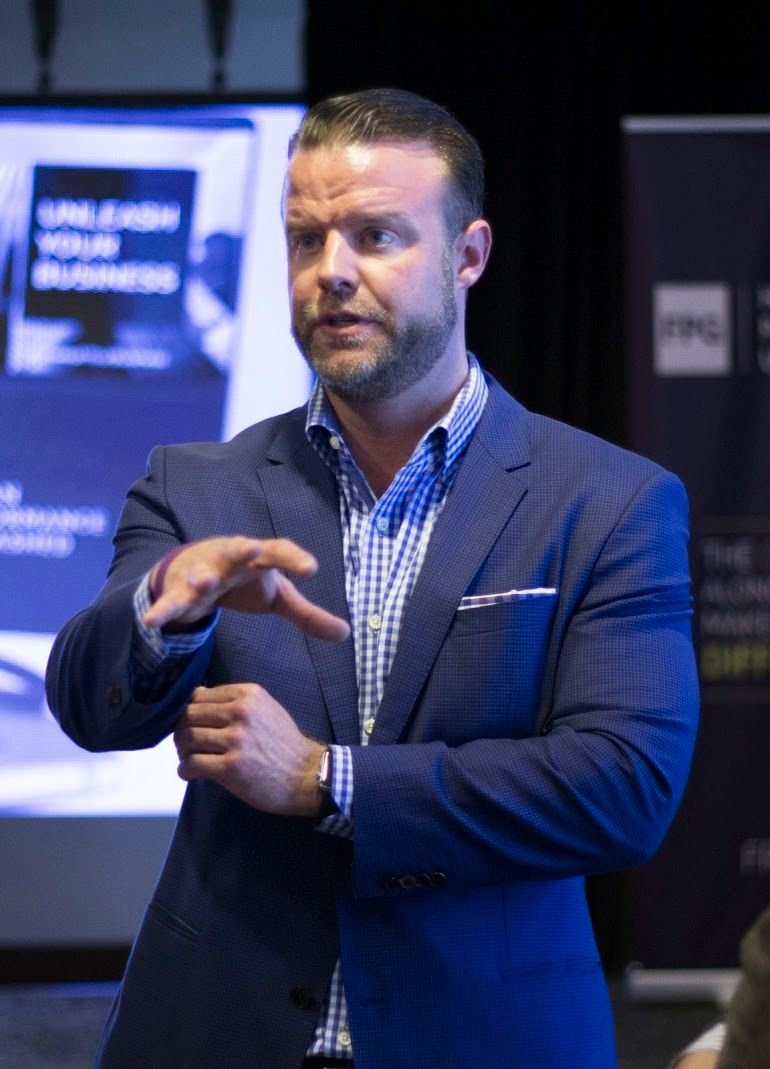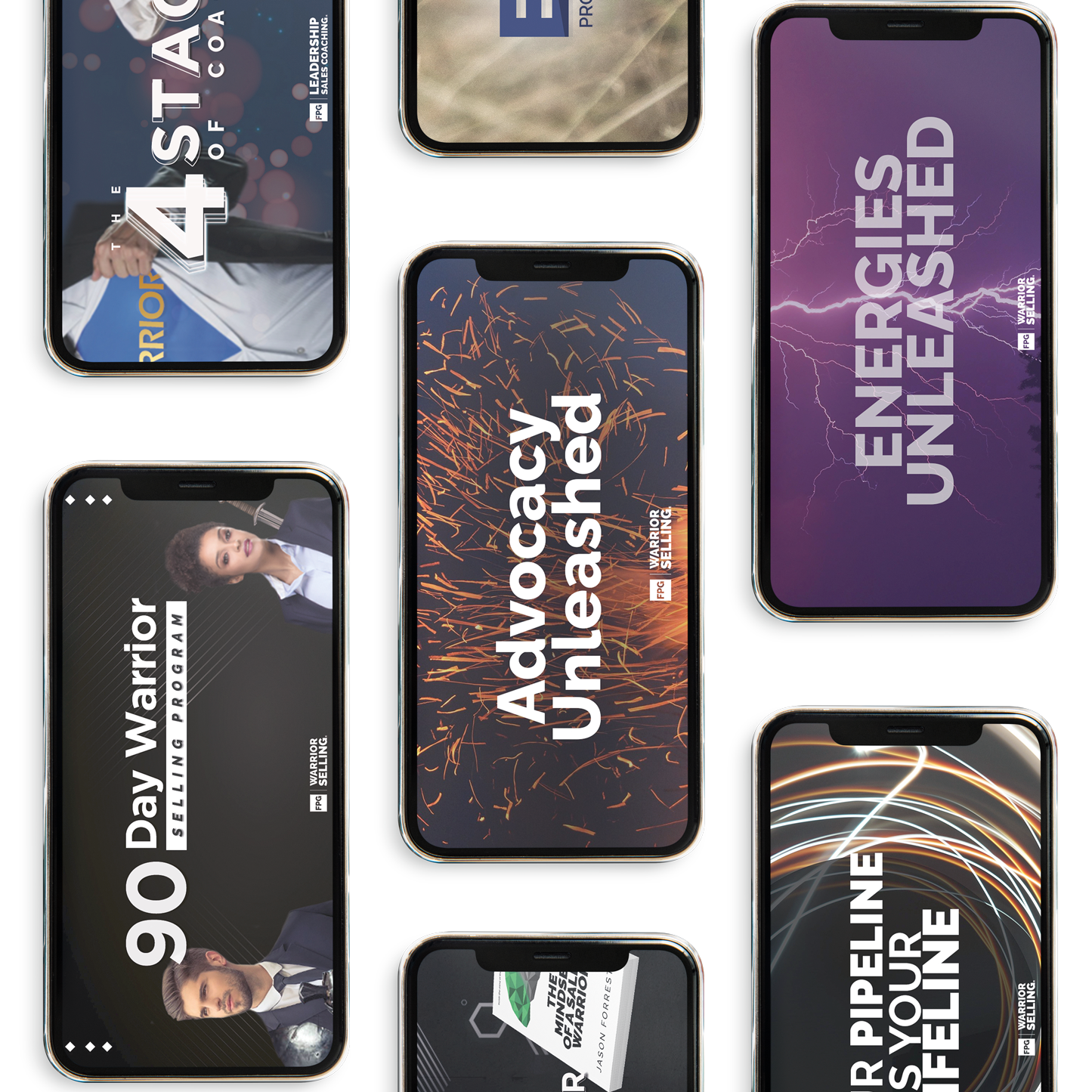Provide Strong Leadership in Times of Change
In life, there are the circumstances that we have, and the meanings that we give them. As a leader, what do you want your people to do? How do you influence their thoughts, beliefs, and behaviors to motivate them to take action in times of uncertainty and change?
If you want people to respond a certain way you have to make them feel a certain way and the best way to make them feel a certain way is through our words as a leader. To provide strong leadership in times of change, you must speak in ways that cause people to FEEL something, which will result in them DOING something. So, to get the results, you want from your team, how do they need to feel? What do you need to say to make them feel that way?
There are 3 ways to provide strong leadership in times of change:
1) Have awareness around the words you’re using.
Let’s do a quick test: list every emotion you can recall without searching anywhere or asking anyone.
Now, I want you to look at your list. How many of those emotions are positive? How many are negative? I pulled this exercise from an article I saw by Tony Robbins. Tony Robbins researched that out of thirty thousand people, 90% write down an average of 12 words when given 10 minutes to make a list of all of the emotions they felt in the last week. After reviewing the lists, he found that most people had 7 negative words, and 5 positive words. He found that the negative words are easier to come up with.

2) Be transparent about the situation in front of you.
According to Gallup’s research, only half of the American workers feel like they truly understand what their employer wants from them. Crazy, right? When leaders aren’t actively engaged in setting expectations for their team members, it can be easy for employees to lose motivation. They may be more likely to focus on the wrong metrics, or simply waste time.
Transparent leadership means leading with openness and honesty. These types of leaders state the facts, avoid sugar-coating potential threats, share information freely, and invite open communication within their companies. It’s one of the most powerful and respected leadership qualities you can have because transparency helps you build trust with your team and promotes creativity, teamwork, and loyalty.
3) Speak the emotion you want to illicit in your people.
In my opinion, this third concept is the most important one of all. In FPG’s Leadership Sales Coaching program, we have a whole course called Coach the Emotion that is dedicated to influencing your people to take action. And one of our lessons focuses on being impeccable with the words you’re using as a leader. How can you become a better speaker with a broader range of emotional vocabulary to provide certainty, courage, and all those things to the people listening? When you speak to your people, how do you want them to feel?
Let me give you an example I used in my own leadership language. I was talking to my own team about how there’s a lot of research and articles pointing to a market crash in the future. I could’ve said:
“Hey guys, there’s an economic bubble that’s going to burst. So, we need to be cautious, we need to tighten up our processes, and cut costs so we can prepare for this. We need to brace for this storm”
But I didn’t say that. Instead, I said:
“Hey guys, there’s a lot of research right now talking about a market crash in the future. But this is an advantage for us. We thrive in times like this. Because we are so great at sticking to our processes, and because we do an amazing job at managing our budgets and keeping our departments organized, we don’t just survive these times, we thrive in them.”
Do you see the difference there? It’s the same circumstance, but as a leader, I used different words. I needed my team to think how I think. So, the result was my team walking away from that meeting feeling secure, feeling safe, feeling confident.
If you want people to respond a certain way you have to make them feel a certain way and the best way to make them feel a certain way is through our words as a leader.
“Language shapes our behavior and each word we use is imbued with multitudes of personal meaning. The right words spoken in the right way can bring us love, money, and respect, while the wrong words—or even the right words spoken in the wrong way — can lead a country to war. We must carefully orchestrate our speech if we want to achieve our goals and bring our dreams to fruition.”
–Dr. Andrew Newberg-
What if You Could Maximize The Performance of Your Sales People in Just 90 Days? You’re going to find what I say next hard to believe: The majority of your sales professionals can be coached up, and do not need to be coached out. Let us show you how! Click here to learn more.
Being a successful sales leader isn’t about knowing how to sell.
It’s about being a great coach.
At FPG, we know the struggles organizations and sales teams face under ill-equipped leaders. Organizations depend on the revenue sales generates to ensure the entire company’s success. And if they fail, everyone fails.
FPG’s Sales Leadership Mastery 12-Month program is designed to bring real change to sales leaders and deliver serious results for your organization. Contact us today!

Jason Forrest
Jason Forrest has disrupted the sales training industry by creating the first training program that changes behavior. This is done through 1) teaching tactical real-world processes; 2) the language of persuasion, 3) removing the mental leashes that hold people back, and 4) through a program-based training approach.
This philosophy is what led his Warrior Selling® and Leadership Sales Coaching programs to be ranked in the top 2 of the World’s Top Sales Development Programs, by Global Gurus. His provocative style of speaking his truth ranks him number 5 on the Global Sales Guru list.
Jason is a Master Practitioner in Neuro-Linguistic Programming, the science of influence and behavioral change. He is also a Practitioner in Accelerated Evolution, the psychology of removing fear in high performers.










